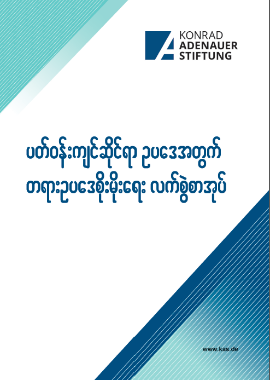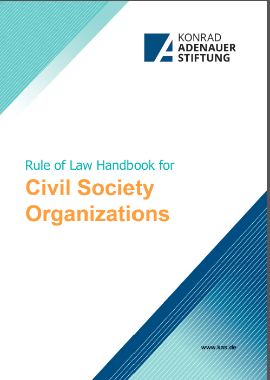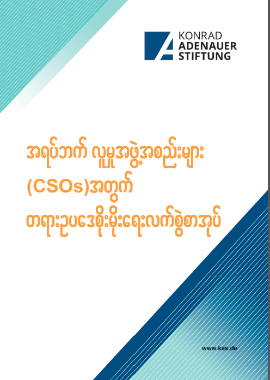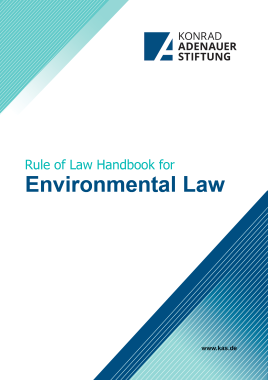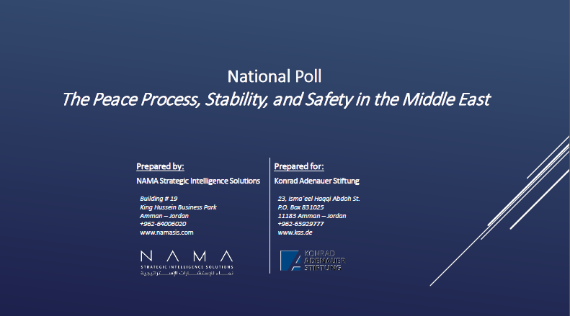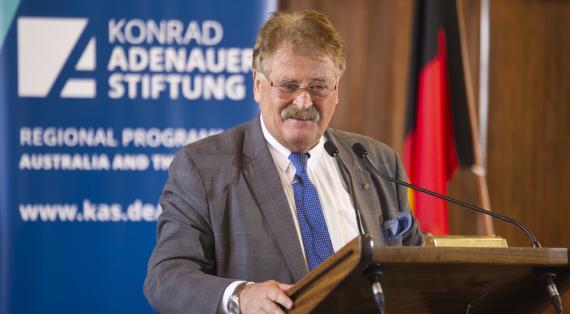Facts and Findings
Selected contributions to the series with international relevance
The series informs in a concentrated form about important positions of the Konrad-Adenauer-Stiftung on current topics. The individual issues present key findings and recommendations, offer brief analyses, explain the Foundation's further plans and name KAS contact persons.
International Reports
Journal for international issues, foreign policy and development cooperation
International Reports (IR) is the Konrad-Adenauer-Stiftung's periodical on international politics. It offers political analyses by our experts in Berlin and from more than 100 offices across all regions of the world. Contributions by named authors do not necessarily reflect the opinions of the editorial team.
EPP Party Barometer
The Situation of the European People's Party in the EU
The EPP Party Barometer illustrates the current situation of the EPP party family in the EU. On a non-regular basis, it provides a concise overview of current election results, polls from the member states and the composition of the party family.
Interviews
In our series "Interviews", talks and discussions are held with experts from the Konrad-Adenauer-Stiftung e.V. on various topics.
kurzum
Concise, reduced to the essentials, but always highly topical. In our series "kurzum", our experts summarise an issue or problem on a maximum of two pages.
Country Reports
Short political reports of the KAS offices abroad
The Konrad-Adenauer-Stiftung is a political foundation. Our offices abroad are in charge of over 200 projects in more than 120 countries. The country reports offer current analyses, exclusive evaluations, background information and forecasts - provided by our international staff.
Event Reports
The Konrad-Adenauer-Stiftung, its educational institutions, centres and foreign offices, offer several thousand events on various subjects each year. We provide up to date and exclusive reports on selected conferences, events and symposia at www.kas.de. In addition to a summary of the contents, you can also find additional material such as pictures, speeches, videos or audio clips.



